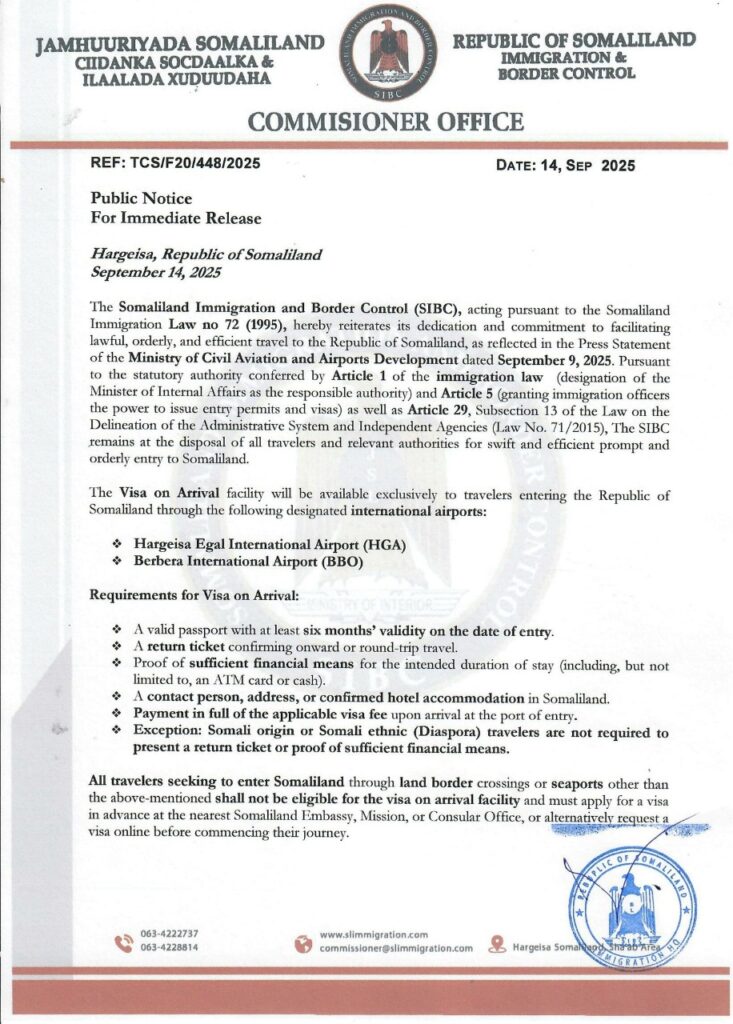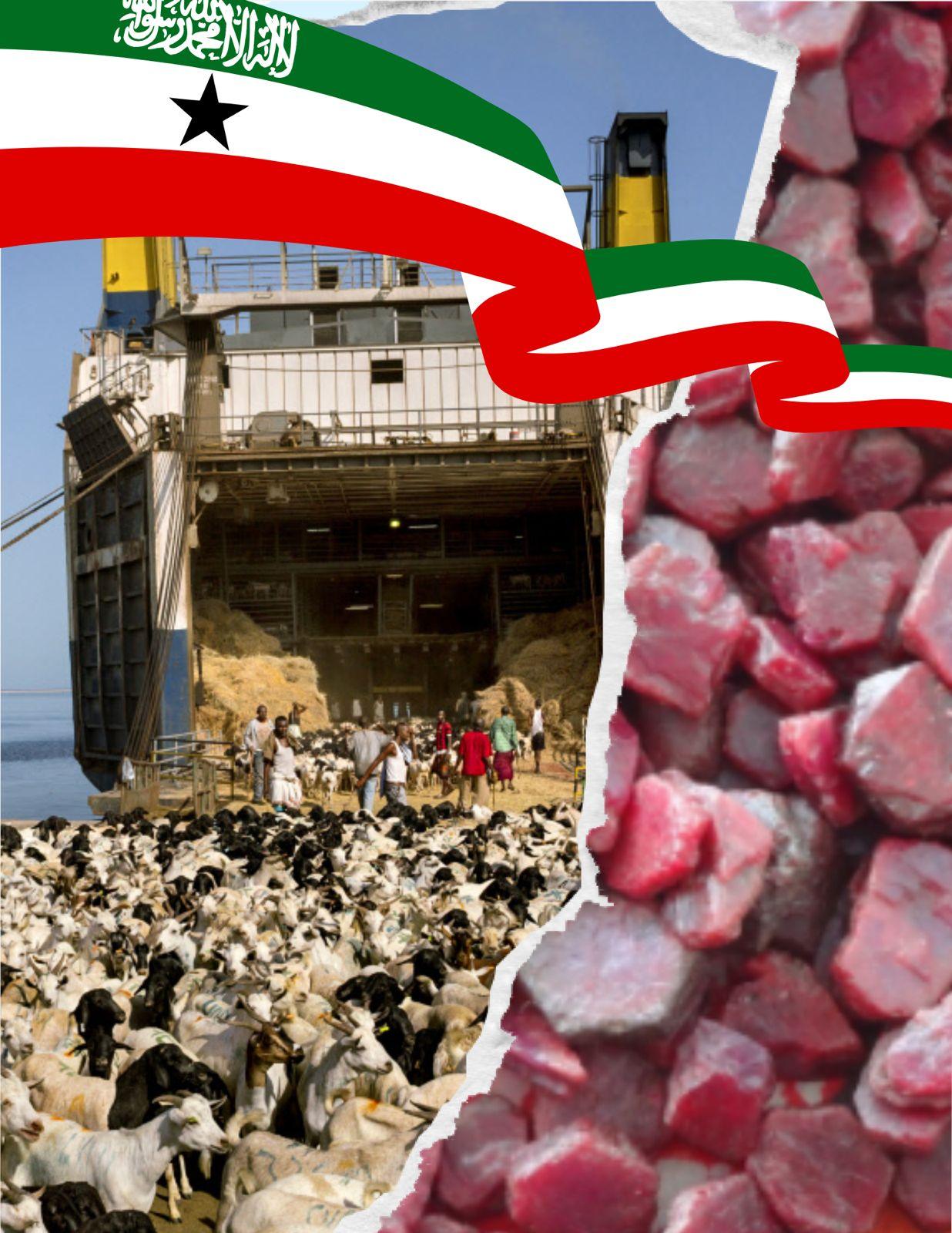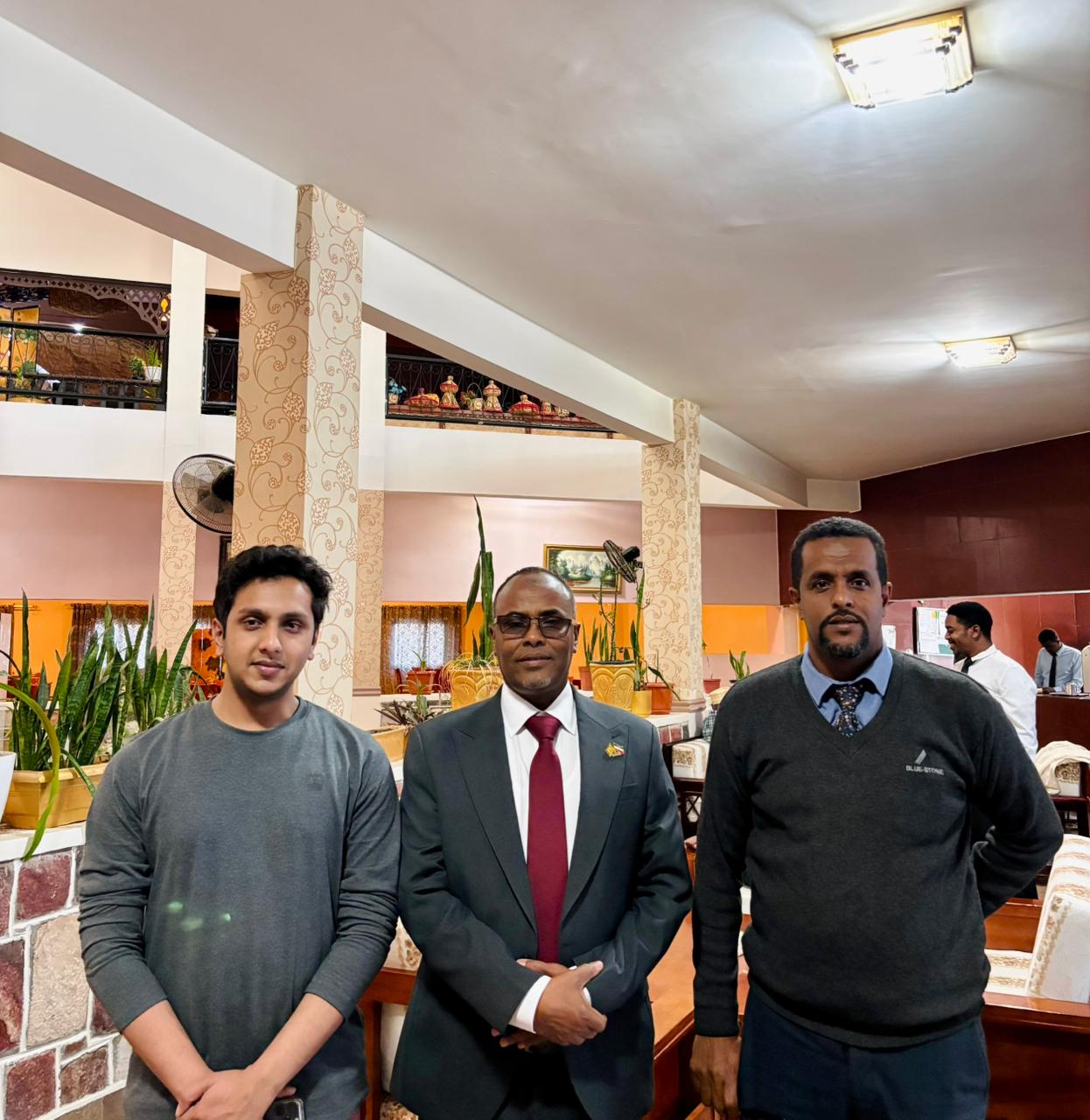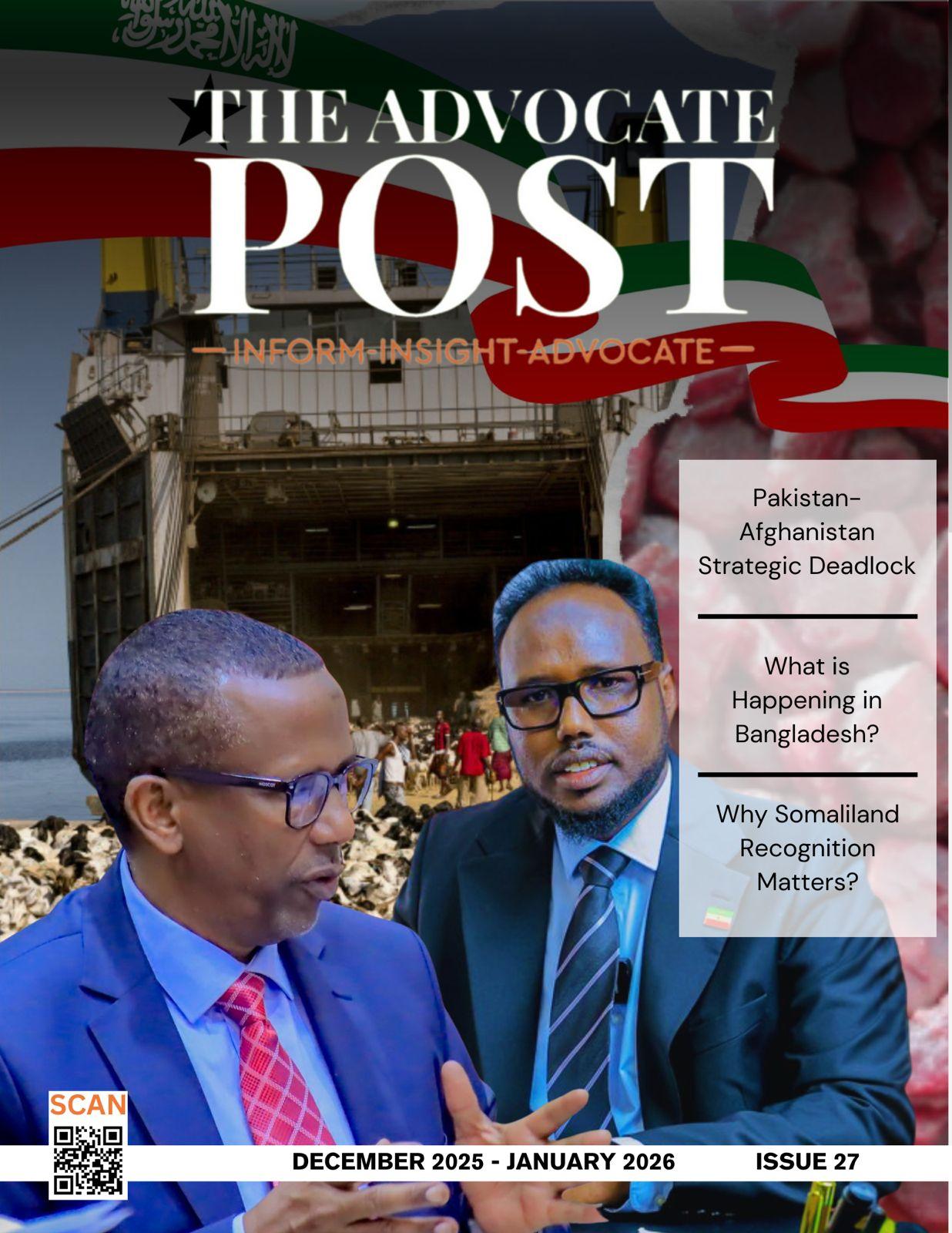News Desk: Somaliland has officially rolled out a Visa on Arrival policy for international travelers, marking a significant shift in its immigration strategy aimed at enhancing global engagement and stimulating economic growth.
The new policy, announced through a joint press release by the Ministry of Aviation and Airport Development and the Immigration and Border Control Command, allows foreign nationals and passport holders from other countries to obtain entry visas directly upon arrival at key international airports, including Egal International Airport in Hargeisa (HGA) and Berbera International Airport (BBO).
Aimed at Tourism, Business, and Humanitarian Facilitation
According to Fuad Ahmed Noor, Somaliland’s Minister of Aviation and Airport Development, the policy is intended to boost business travel, facilitate humanitarian operations, and promote tourism — key pillars of the country’s broader economic strategy.
“This policy is aimed at facilitating business trips, tourism, humanitarian activities, and boosting the economy,” said Minister Fuad. “We want to make Somaliland more accessible to the world.”
Travelers arriving under the Visa on Arrival program must meet several basic requirements, including:
A valid passport with at least six months before expiration
Proof of a return or onward ticket
Evidence of sufficient funds for their stay
An address of residence or sponsorship within Somaliland
Payment of the visa fee upon arrival (except in transit cases)
Somaliland citizens holding foreign passports — such as diaspora members — are exempt from these requirements.
Ports of Entry and Border Rules
While the visa on arrival option is available at international airports, those entering via land or sea borders must apply in advance through the nearest Somaliland embassy or liaison office. Applications can also be submitted directly to the Foreigners’ Affairs Office within the Somaliland Immigration Authority.
This dual-track approach is intended to maintain security at non-airport checkpoints while streamlining international air travel.
Political Undercurrents: Autonomy in Practice
The announcement comes amid escalating political tensions with the Federal Government of Somalia. Just a week earlier, Mogadishu unveiled a new national e-visa platform, prompting comparisons and highlighting the deepening divide between the two governments.
While Somalia claims Somaliland as part of its sovereign territory, Hargeisa maintains a fully functioning independent administration, including immigration, currency, security, and diplomacy.
The policy explicitly states that only visas issued by Somaliland’s own Immigration Authority will be considered valid. Visas issued by Somalia or any third party on Somalia’s behalf will not be recognized, reinforcing Somaliland’s de facto independence.
The Ministry also issued directives to all airlines operating in Somaliland’s airspace, urging them to inform passengers and staff of the new immigration policy and ensure compliance with local rules.
Growing Regional Fragmentation
The move follows a similar decision by the Puntland regional government — another semi-autonomous region within Somalia — to issue airport-based immigration permits. These developments reflect a growing decentralization of authority within Somalia’s borders and complicate any future prospects for a unified immigration or border policy.
The situation is further strained by ongoing disputes over airspace control, with past incidents reportedly including near mid-air collisions due to conflicting air navigation orders from Hargeisa and Mogadishu.
Somaliland Enforces Immigration Reforms with Temporary Residency Program for Undocumented Foreigners
Strategic Implications
Somaliland’s Visa on Arrival policy is more than a logistical change — it is a clear diplomatic signal. By controlling its borders and openly welcoming international visitors, Somaliland is asserting its capacity to operate as a sovereign, rules-based entity despite lacking international recognition.
The policy is expected to attract greater numbers of investors, NGOs, and tourists to Somaliland, especially those interested in the region’s growing role in Red Sea geopolitics and East African trade routes.
As the Horn of Africa experiences ongoing political flux and fragmentation, Somaliland’s Visa on Arrival program demonstrates a confident step toward international outreach — and possibly, toward greater global acknowledgment of its unique political and administrative status.







This Post Has 2 Comments
Visa on Arrival CommentThis is a smart move by Somaliland — making visas available on arrival not only lowers barriers for tourists but also signals a more open environment for investors and NGOs. It will be interesting to see how quickly infrastructure and services adapt to support the expected increase in visitors.
By introducing visa on arrival, Somaliland is not just improving access for tourists but also positioning itself as a more business-friendly destination. This could be a turning point for the country, particularly in terms of attracting international investment.